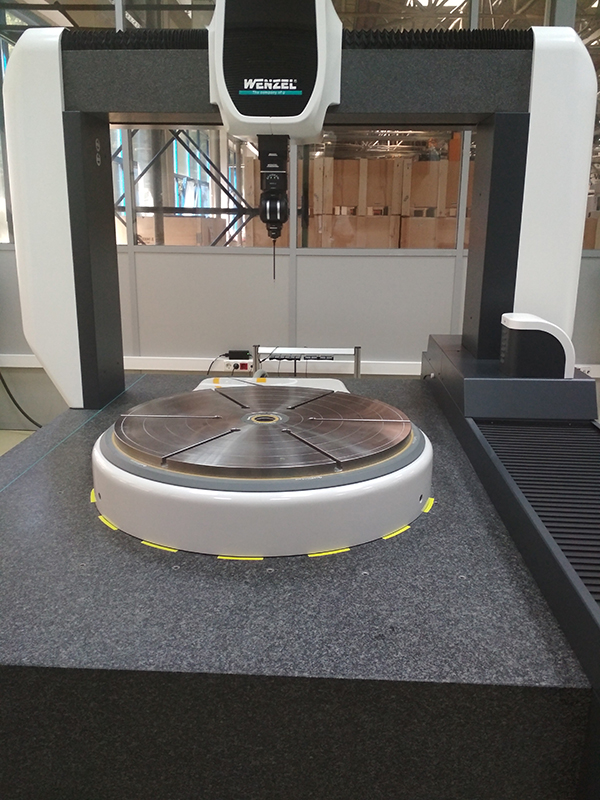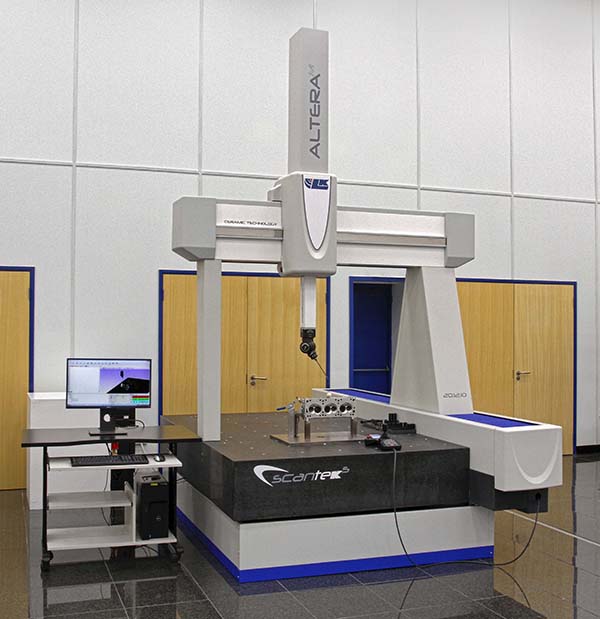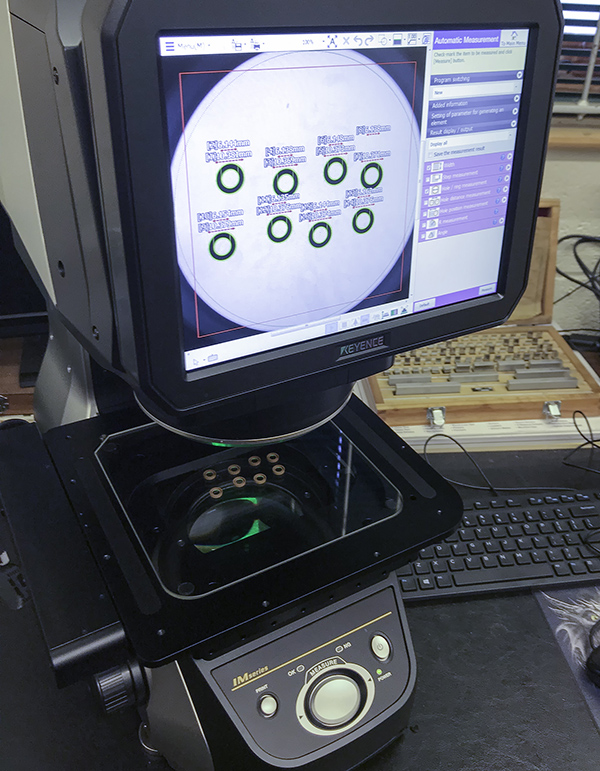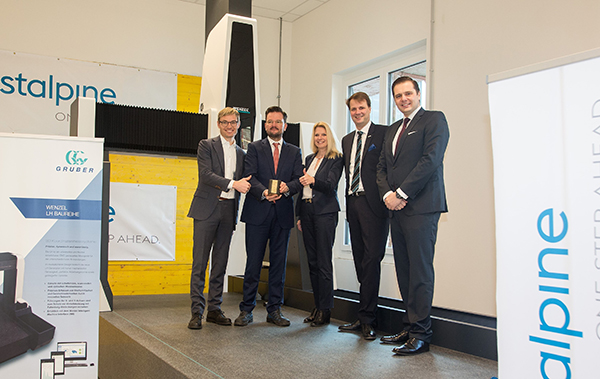A specialist in precision positioning devices for high-accuracy rotary and angular inspection systems, RPI UK, will be launching the QuadProfile at Control 2019 in Stuttgart (7-10 May). On stand 7180, the company will also be previewing its RotoScan system.

RPI’s sales manager Jim Palmer says: “QuadProfile delivers newly developed capability to the CMM market as the smallest and most accurate rotary table for turbine blade inspection. We will also be demonstrating our prototype RotoScan, which is a robotic system that automates circular geometry in the same way that it has previously been achieved for non-contact metrology.”
According to RPI, the company has more than 750 successful CMM rotary table installations worldwide. Quadrant range rotary tables provide an additional axis for any high-precision CMM inspecting parts such as gas turbine discs and fan blades. Not only does this simplify the measurement procedure, it helps to deliver fast and accurate indexing, as well as increase the CMM’s application range and effective measuring volume.
The latest addition to the Quadrant range, QuadProfile, is said to enable the ultimate in low-profile and compact rotary table design for the
CMM market.
Also on the stand, RotoScan has been designed to automate the inspection of heavy-duty circular components with large diameters, such as bearings, aerospace castings and rotors. The system uses a robot to automate the inspection capability of components using traditional contact metrology techniques. RotoScan has been developed with AccuScan software and complements other assembly platforms such as iMAP and GeoSpin.
In addition to these developments, RPI will be demonstrating its LabStandard range, which offer sub arc second angular accuracy and precision geometry for inspection and calibration laboratories, with the versatility of both single and dual-axis configuration.
For further information www.rpiuk.com























